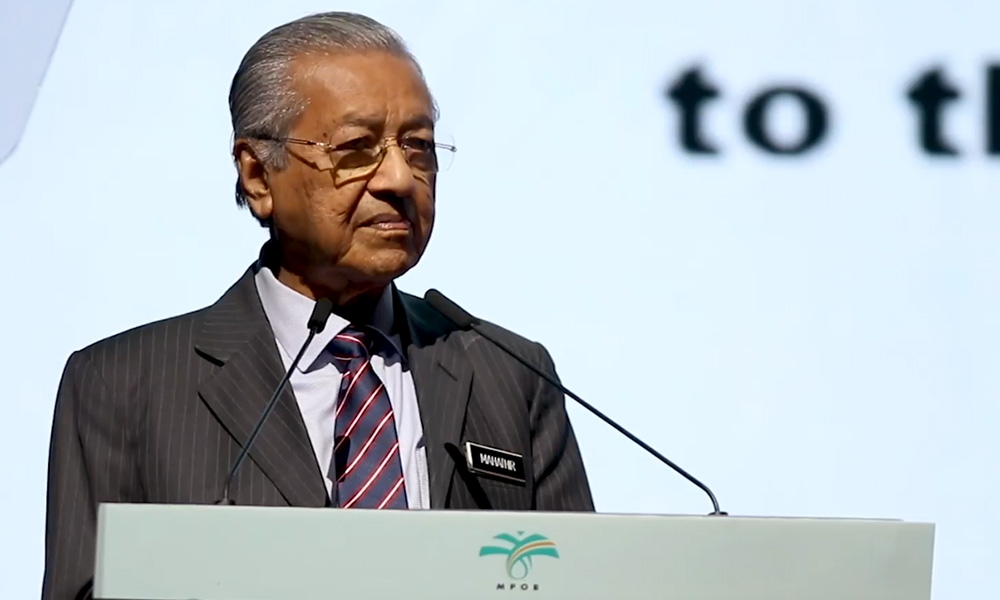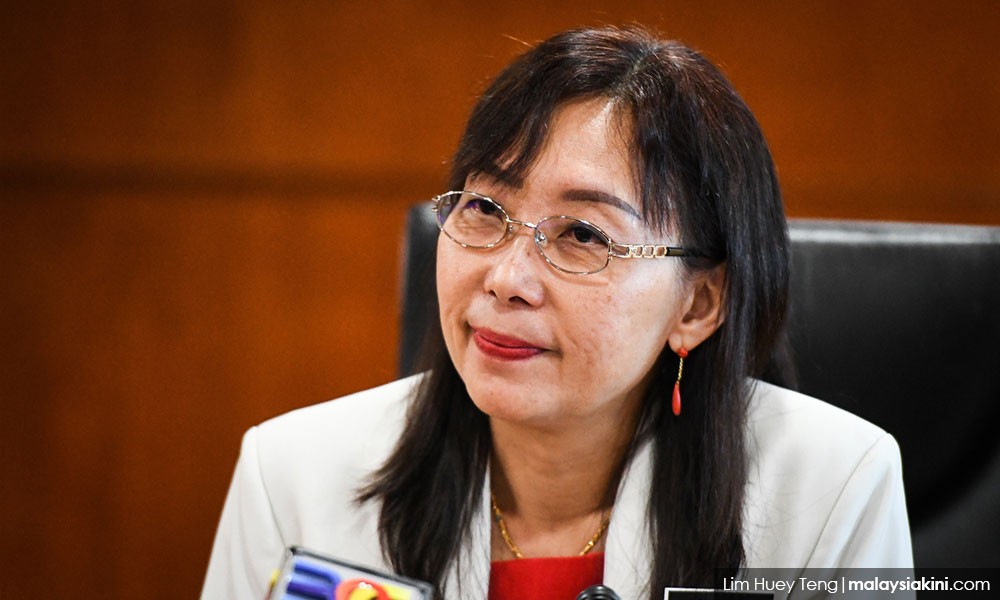India has informally asked palm oil refiners and traders to avoid buying Malaysian palm oil, government and industry sources said, following Malaysian criticism of India’s actions in the Kashmir region and its new citizenship law.
India is the world’s biggest buyer of the oil and palm oil inventories could spike in Malaysia, putting prices under pressure if Indian refiners reduce purchases from the country. Malaysian prices are the global benchmark for palm oil prices.
A senior official in India’s vegetable oil industry, who did not wish to be named, said the government had asked refiners at a meeting attended by two dozen vegetable oil industry officials in New Delhi on Monday to boycott Malaysia.
“In Monday’s meeting we have been verbally told to avoid buying Malaysian palm oil, the official said. “We’ve had various rounds of meetings within the government and industry to see how we could reduce imports from Malaysia,” one Indian government official said, adding India has yet to firm up a plan of action and is exploring various options
Malaysian Prime Minister Dr Mahathir Mohamad has angered India over his comments on India’s actions in Kashmir and over a new Indian citizenship law, which critics say chips away at India’s secular foundations and could be used to discriminate against Muslims.
In October, Indian traders stopped signing new contracts with Malaysia for a brief period fearing India will raise import tax on Malaysian palm oil after Mahathir told the UN General Assembly that India had “invaded and occupied” Kashmir, a disputed Muslim-majority region also claimed by Pakistan.

Last month, Mahathir, prime minister of a predominantly Muslim nation, also waded into the debate about India’s new citizenship law, which has led to violent protests in India and at least 25 deaths in clashes with police.
“People are dying because of this law. So why is there a necessity to do this thing when all this while, for 70 years almost, they have lived together as citizens without any problem?” Mahathir said last month.
The Indian government has made it clear it wants to punish Malaysia for these remarks and traders should support it, said another industry official.
“The government has been struggling to find ways to restrict imports from Malaysia due to World Trade Organisation rules. For the time being it asked for industry cooperation,” he said.
Teresa Kok: No official statement or notice from India
India’s Trade Ministry did not immediately respond to a request for comment.
Malaysia’s Primary Industries Minister Teresa Kok (below), responsible for the palm oil industry, told Reuters on the sidelines of an industry event that the government has not received any official statement or notice from India about cutting imports from Malaysia.

“There are some discussions going on but until they officially announce, we don’t know whether it’s true,” said Kalyana Sundram, CEO of Malaysian Palm Oil Council, a state agency responsible for promoting palm oil.
Palm oil accounts for nearly two-thirds of India’s total edible oil imports. India buys more than nine million tonnes of palm oil annually, mainly from Indonesia and Malaysia
Indian refiners and traders have already contracted Malaysian palm oil for shipments in January and small amounts for February, said a Mumbai-based dealer with a global trading firm.
“The impact of Monday’s meet would be clearly visible from March onward - Indonesia’s exports will rise,” the dealer said
Indonesia is the world’s biggest producer of palm oil, followed by Malaysia. Palm oil is crucial for the Malaysian economy as it accounts for 2.8 percent of Malaysia’s gross domestic product and 4.5 percent of total exports.
- Reuters

